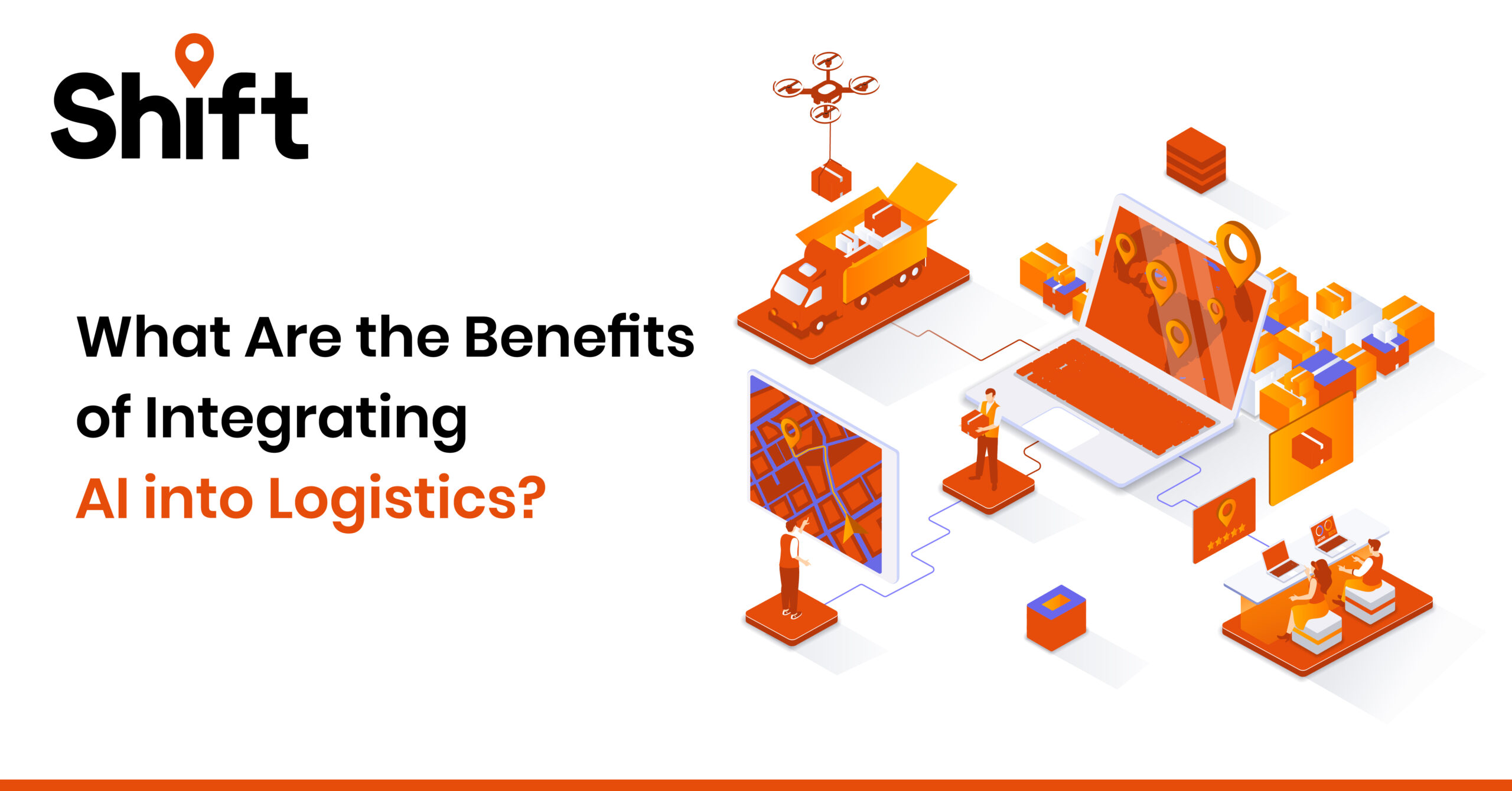What Are the Benefits of Integrating AI into Logistics?

The logistics industry is currently experiencing a significant transformation with the integration of artificial intelligence (AI) technology. By leveraging AI, eCommerce order fulfillment and warehousing service providers can improve their operational efficiency and enhance their customer experience. With software for eCommerce fulfillment services, the entire supply chain, from the manufacturer to the end consumer, can be streamlined through real-time data analysis, optimization, and automation. Let’s dive into the benefits of integrating AI into logistics.
Improved Supply Chain Visibility
AI algorithms can track shipments in real-time, providing accurate and reliable data on the location and status of goods. With this information, suppliers, manufacturers, distributors, and customers can have complete transparency and visibility across the supply chain. Logistics managers can use this improved visibility to make informed decisions on inventory management, delivery times, and route optimization.
Enhanced Predictive Analytics
By analyzing vast amounts of data, AI algorithms can identify future trends, forecast future demand, and adjust inventory levels accordingly. The data analyzed can include historical sales data, weather patterns, and customer behavior, among others. With enhanced predictive analytics, logistics managers can reduce waste, optimize their supply chain, and achieve increased efficiency and cost savings.
Automated Warehouse Management
AI-powered robots can automate warehouse management, reducing labor costs and minimizing the risk of errors while increasing efficiency. These robots can perform tasks such as picking, packing, and sorting with greater speed and accuracy than human workers. Additionally, by automating repetitive tasks, human workers can be redeployed to more value-added roles such as customer service or supply chain analysis.
Improved Last Mile Delivery
Last-mile delivery, the final leg of the supply chain from the distribution center to the end customer, is often the most challenging and costly part of the logistics process. AI algorithms can optimize routes and delivery schedules, reducing transportation costs, and improving delivery times. With AI-powered delivery vehicles, transportation can be more efficient as they can navigate traffic and road conditions, ensuring on-time delivery while reducing the risk of accidents.
Enhanced Customer Experience
By providing instant access to information and support, AI-powered chatbots and virtual assistants can improve the overall customer experience. Chatbots can handle simple inquiries, such as tracking orders or changing delivery dates, freeing up customer service representatives to handle more complex issues. Additionally, using data analytics, logistics companies can personalize their services to meet the specific needs and preferences of their customers.
Conclusion
Integrating AI technology into logistics brings a plethora of benefits that can improve operational efficiency, increase cost savings, and enhance the overall customer experience. At Shift, we understand the importance of utilising AI to offer our customers complete control over every stage of shipping through our intuitive cloud-based platform. With features such as comparing quotes from multiple carriers, booking shipments, generating labels, scheduling pickups, and tracking shipment status, our platform enables businesses to streamline their supply chain and achieve optimal results. As the logistics industry continues to evolve, AI technology will undoubtedly play a crucial role in driving innovation and growth.